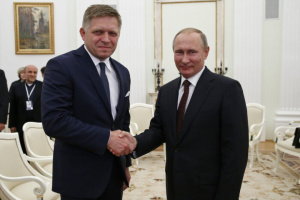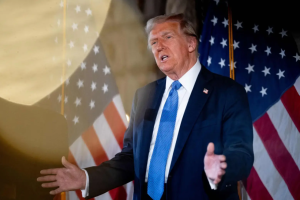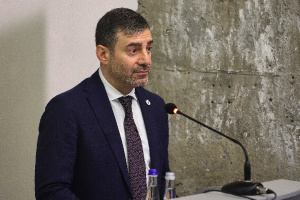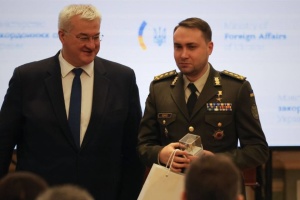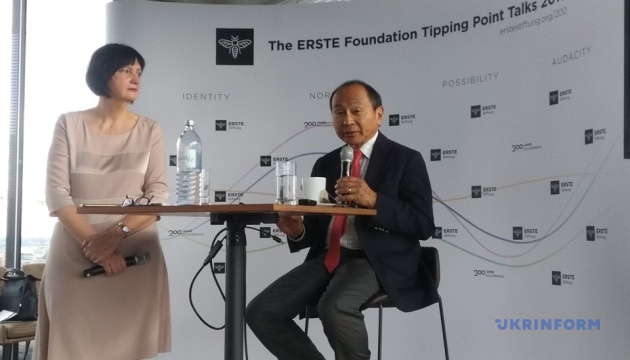
Fukuyama: Putin is a kleptocrat with no doctrine
Francis Fukuyama, a well-known U.S. philosopher, political scientist, professor at the Stanford University, said this at a meeting with journalists in Vienna on Thursday as part of Tipping Point Talks organized by the ERSTE Foundation, according to an Ukrinform correspondent.
"We had a little conference with Michael McFaul, the former U.S. ambassador to Russia, about this very question of whether Putin represents a new ideology or whether he is simply an opportunist who is using ideas to further his own power and interests. I think a lot of American surveyors of Russia tend to the latter, that there isn't a really consistent doctrine underlying Putin, and that he is a kleptocrat, meaning highly corrupt, and here his friends are basically interested in protecting their resources and getting more of them," Fukuyama said, when asked by the agency's correspondent to comment on the modern political system and ideology in Russia, the prospects of this system and Russia's "sovereign democracy," as stated by Putin's aide Vladislav Surkov.
According to Fukuyama, he tends to think that Putin "has developed something like an ideology which is based on conservative social principles." For example, this concerns his opposition to gay marriage, he said.
"This is something he has made a centrepiece of his social program. Opposition to a decadent West that has more gay marriages," Fukuyama said.
Meanwhile, what's interesting is that this is very attractive to a lot of audiences outside of Russia, Fukuyama said.
"For example, there's a bunch of conservative Christian groups in the United States who are very close to Russia to push back on gay marriage and promote traditional family values," the U.S. philosopher said.
In his opinion, focusing on conservative social values, Putin has managed to please many people, which strengthened Russian influence.
Fukuyama also noted that about 10-12 years ago, he met in Moscow with Putin's aide Vladislav Surkov, who promotes the term of "sovereign democracy" that allegedly exists in Russia.
"I actually met Mr Surkov in the Kremlin probably 10 or 12 years ago. We had a long discussion. He read a couple of my books, and he told me all about 'sovereign democracy.' It seemed like a completely incoherent doctrine that was simply being used to justify whatever Putin wants to do. But, like I said, I think it's now evolved into a conservative social doctrine and also aligns with the Russian authoritarian political system," the political scientist said.

